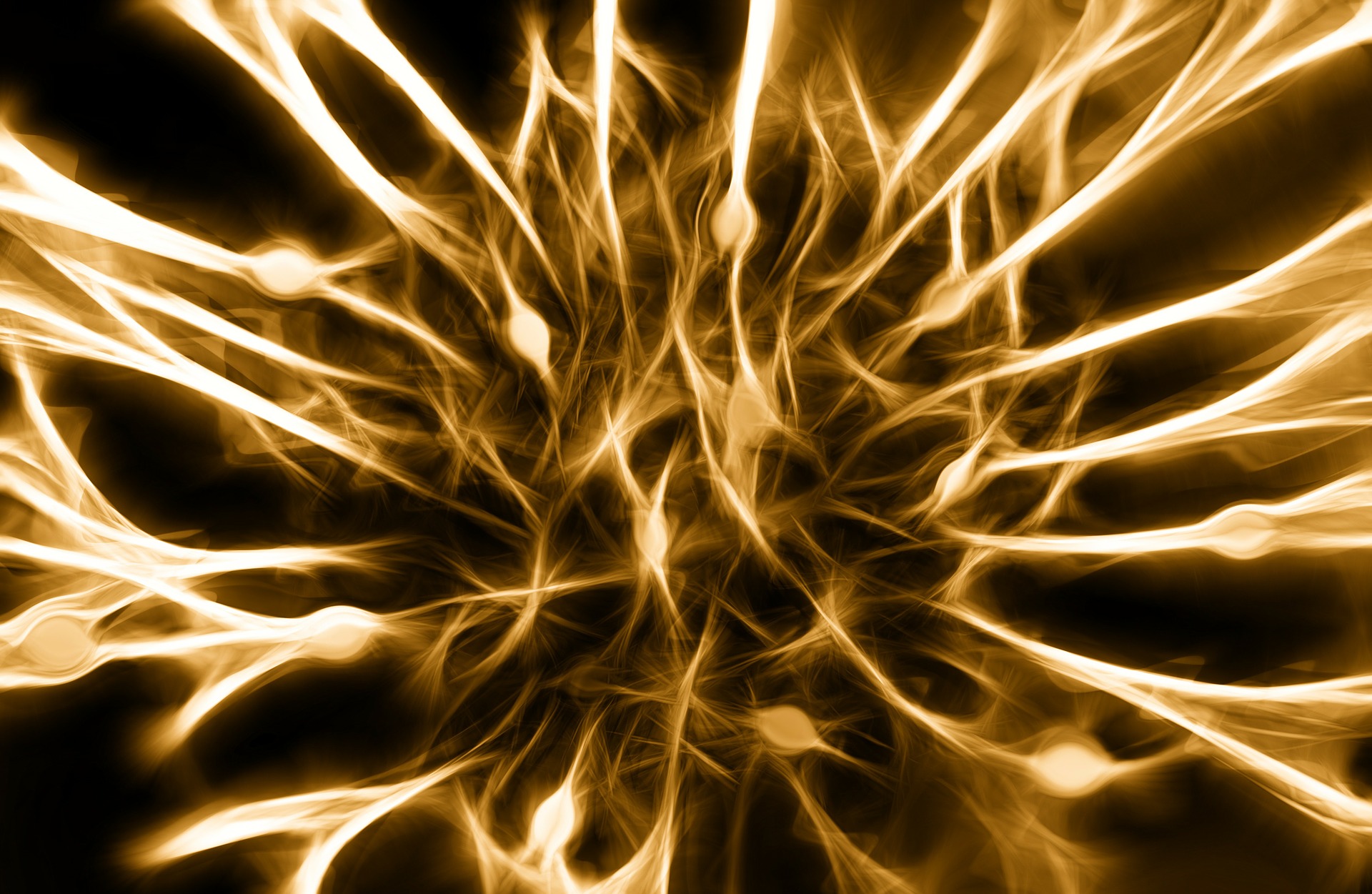#VitaminB #naicin #brain #memory
Vitamin B6, vitamin B12 and folic acid all help control levels of homocysteine, an amino acid that has been associated with poor memory and increased risk of dementia.
Vitamin B-12 deficiency is common in vegetarians and older adults.
Good sources of vitamin B12 and B6 are meat, poultry, fish, eggs, milk and soybeans. Good sources of folic acid are leafy vegetables, asparagus, avocado, beets, broccoli, wheat germ and chickpeas.
Niacin Boosts Brain Function
Studies have shown that higher doses of vitamin B3 (niacin), between 400 and 500 mg, increase sensory registration, short-term and long-term memory. Niacin protects memory dysfunctions that are caused by the disruption of oxygen and the restriction of blood flow in the brain.
In some cases, long term supplementation of niacin can normalize memory functions in adults by upwards of 40%. The improvement of neuronal transmission, the process by which information is transferred between cells in the brain, by consuming niacin may also be effective in restoring other cognitive functions important to adequate health. Niacin is especially effective when taken with omega-3 fatty acids.
Our brain is made up of up to 85% water, which is why it sensitive to little changes.
As little as 2% water loss can cause memory loss and weaken other cognitive functions. Drink good water and not out of plastic bottles. And, the general consensus is that a Mediterranean diet is the best for improving memory. Salmon, olive oil, and nuts all contain unsaturated fats that can help improve memory
An aside: A study published in the journal Nature Neuroscience explains how caffeine has a positive effect on our long-term memory.
The way that caffeine works is that it blocks a chemical called adenosine, that action is what helps us feel awake and alert, and can also help improve memory.
Eat healthy, Be healthy, Live lively









